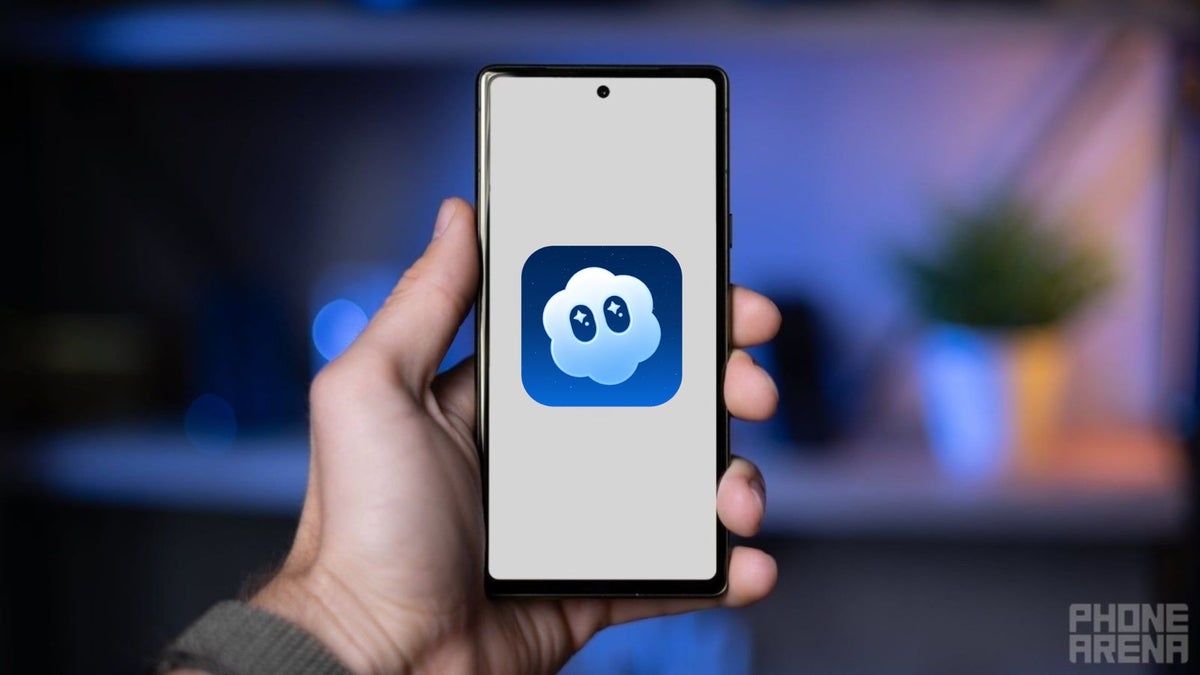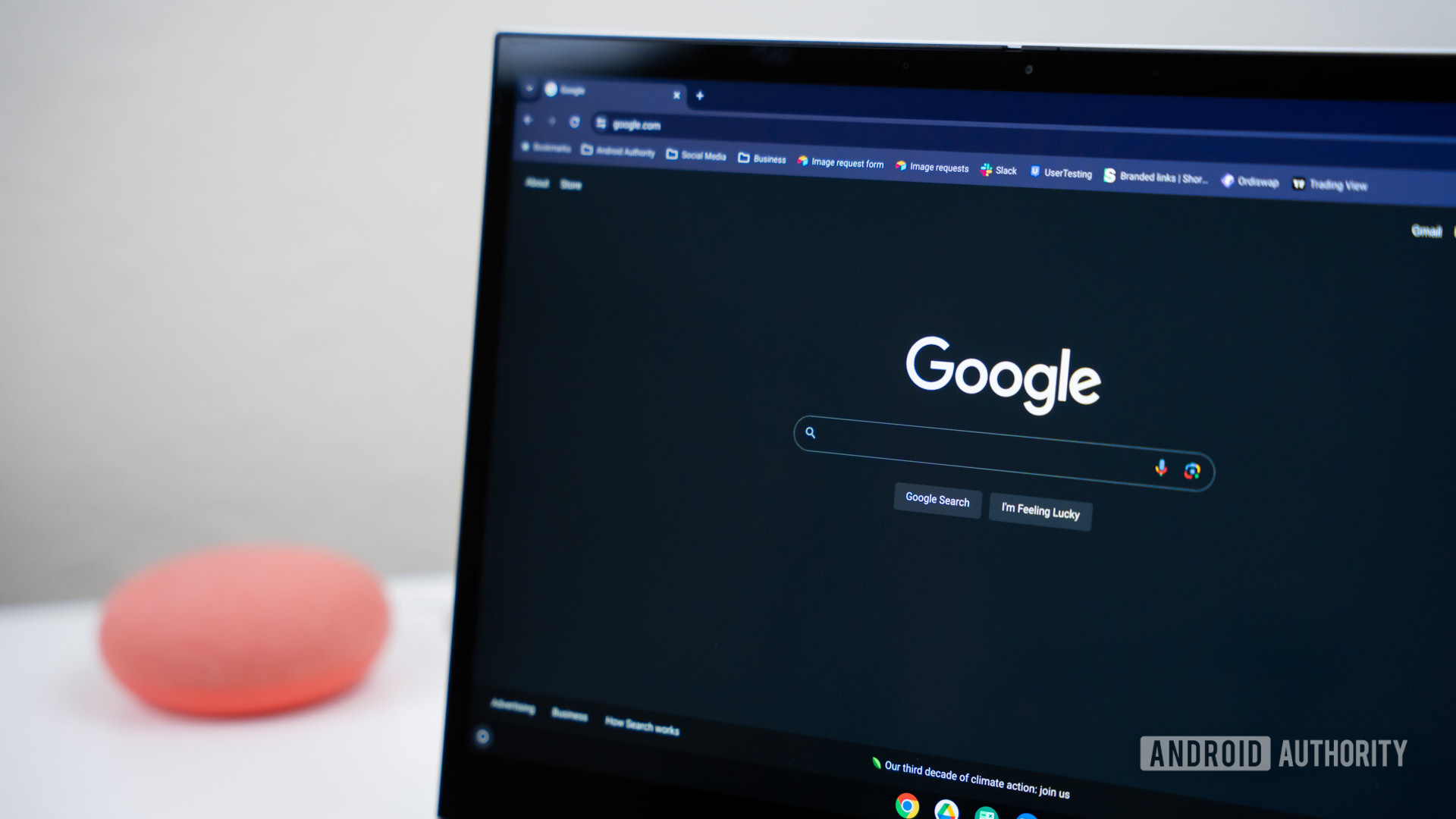ChatGPT has left the chatbot. On Tuesday, OpenAI announced that it will launch a web browser called ChatGPT Atlas, which it says will reinvent the browsing experience from the ground up, now built around a chat-based experience for what the company called the “next era of the web.”
During a demo, OpenAI engineering lead for Atlas, Ben Goodger, explained that Atlas is the company’s answer to the question, “What if you could chat with your browser?” While Atlas has many familiar web browser elements, including tabs, bookmarks, and password autofill, the company has made ChatGPT central to the experience rather than an “old browser, just with a built-in chatbot.” That starts on the home screen, where the standard search bar now serves as the compose bar for communicating with ChatGPT.
Users can use chat messages to have ChatGPT find certain web pages, perform a standard web search, or go directly to a website or bookmark. In the demo, Atlas lead designer Ryan O’Rouke explained that users should be able to use “human language” to search both the web and their browser history (OpenAI calls these “memories”) to find web pages, documents, and information through contextual information. For example, the company showed how you could find a Google document without knowing the URL or exact name of the document.
Search results in Atlas are displayed on a home page that selects a variety of information from the web as directed by the user. Users can also toggle between more traditional search results, including a list of links, images, videos or news similar to Google Search.
The main attraction of Atlas is that a user will be able to access ChatGPT at any time while browsing the web and use the chatbot to interact with the page they are on. OpenAI CEO Sam Altman described it during the demo as chatting with a web page. The chatbot can be invoked via a button in the top right corner of the screen on the desktop and will appear as a sidebar. Once opened, a user can ask you to summarize the information on the page, ask page-specific questions and have the chatbot get the answer directly from the site the user is viewing, and even interact with the page.
That final feature is where the ChatGPT Agent comes into play. OpenAI has been promoting its new Agent feature for months, including introducing an Agent toolkit during its recent DevDay event to give developers the ability to create their own AI agents. But this Agent will be built into the browser, activated at the bottom of the ChatGPT sidebar, and will be able to perform tasks on behalf of the user. In a demo of the feature, OpenAI’s Will Ellsworth, research lead for the Atlas agent, asked the agent to purchase the ingredients needed for a recipe. Once prompted, the agent navigated to Instacart and purchased the relevant ingredients.
According to the company, the Agent will have access to the user’s credentials in order to perform tasks on their behalf, although there will be prompts that will require the user to approve certain actions. Users can watch the Agent complete the task in real time with the cursor visibly moving on the page, or they can let it run in the background. If the user needs to intervene, they can regain control at any time. Ellsworth described Agent as a tool to allow you to “liven up the vibe” and suggested that users could delegate “all kinds of tasks, both in their personal and professional lives, to the Agent in Atlas.”
Atlas will be available immediately for macOS, with plans to bring the browser to Windows, iOS, and Android “soon.” While it appears the browser will be available to all ChatGPT users, Agent will have a paywall and will only be available to Plus subscribers who pay $20 per month or Pro users who pay $200 per month.
Earlier this year, Google went to great lengths to avoid this inevitability. The company announced an overhaul of the AI of its Chrome browser, which currently holds more than 70% of the total. browser market shareincluding integrating its Gemini chatbot throughout the browser to do things like summarize web pages and perform contextual searches within a page. The company also announced that it will eventually include an AI agent capable of browsing the web and completing tasks on the user’s behalf, although that feature is not currently available. Perplexity also has an AI-based browser called Comet, while companies like Opera, Microsoft, and The Browser have all AI features built into their respective browsers.


